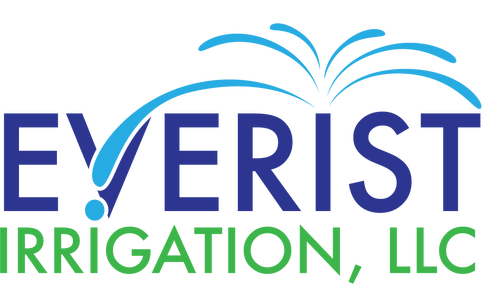Understanding the Various Water Sources for Residential Irrigation Systems
Residential irrigation systems are essential for maintaining a healthy lawn and garden, but the water source you choose can greatly impact the effectiveness and efficiency of your system. There are several water sources available for residential irrigation, each with its own pros and cons. Understanding the different water sources can help you make informed decisions about the type of system you need and how to use it effectively.
Municipal Water Supply
Municipal water supply is the most common water source for residential irrigation systems. This water is treated and tested to ensure it is safe for use in your home and garden. The advantage of using municipal water is that it is readily available and affordable, making it a convenient choice for many homeowners. However, it can be subject to water restrictions during times of drought or water shortage, which can limit its availability for irrigation purposes.
Well Water
Well water is a common water source for rural or suburban residents who live outside of the municipal water supply. The water is pumped from a well located on the property and can be used for a variety of purposes, including irrigation. The advantage of well water is that it is readily available and not subject to water restrictions, but it may contain minerals or other contaminants that can affect its suitability for irrigation.
Rainwater Collection
Rainwater collection is an eco-friendly water source that is growing in popularity among homeowners. This water is collected from the roof or other surfaces during a rainstorm and stored in a tank or cistern for later use. The advantage of rainwater collection is that it is a renewable resource that is not subject to water restrictions, but it is also dependent on the amount of rainfall in your area, which can limit its availability.
Gray Water
Gray water is water that has been used for household purposes, such as showering, washing dishes, or laundry, and is then collected and stored for later use in irrigation. The advantage of gray water is that it is a cost-effective and eco-friendly water source that reduces the amount of water that is wasted, but it may contain chemicals or other contaminants that can affect its suitability for irrigation.
Irrigation Water Rights
Irrigation water rights refer to the legal right to use water from a particular source for irrigation purposes. This water can come from a variety of sources, including rivers, streams, or groundwater. Irrigation water rights can be a valuable asset for homeowners who rely on irrigation for their lawn and garden, but they can also be subject to water restrictions during times of drought or water shortage.
In conclusion, understanding the different water sources available for residential irrigation systems can help you make informed decisions about the type of system you need and how to use it effectively. By taking into consideration the local climate, water restrictions, and the cost and impact on the environment, you can choose a water source that is right for your needs and helps conserve water.
In conclusion, understanding the different water sources available for residential irrigation systems can help you make informed decisions about the type of system you need and how to use it effectively. By taking into consideration the local climate, water restrictions, and the cost and impact on the environment, you can choose a water source that is right for your needs and helps conserve water.
Looking for something? Search here!
Categories
Recent
Understanding the Various Water Sources for Residential Irrigation Systems
February 13th, 2023
The Role of Soil Type, Climate, and Irrigation Scheduling in Residential Irrigation Design and Planning
February 13th, 2023
FAQ's about Winterizations:
October 7th, 2022
The Ony 2 Reasons You Should Ever Consider Installing a Sprinkler System
February 9th, 2021
What is a Man-Hour? [Explained]
January 24th, 2020
Archive
2023
2022
October
2020
January
2019
